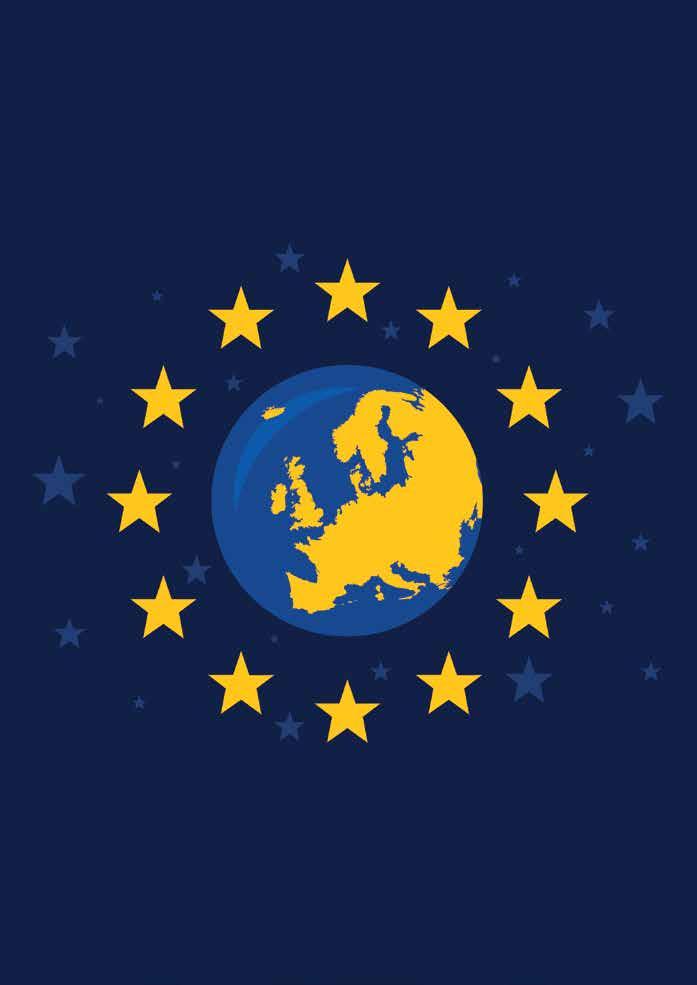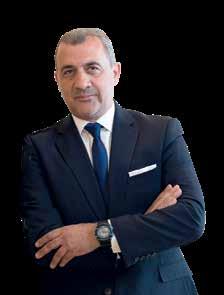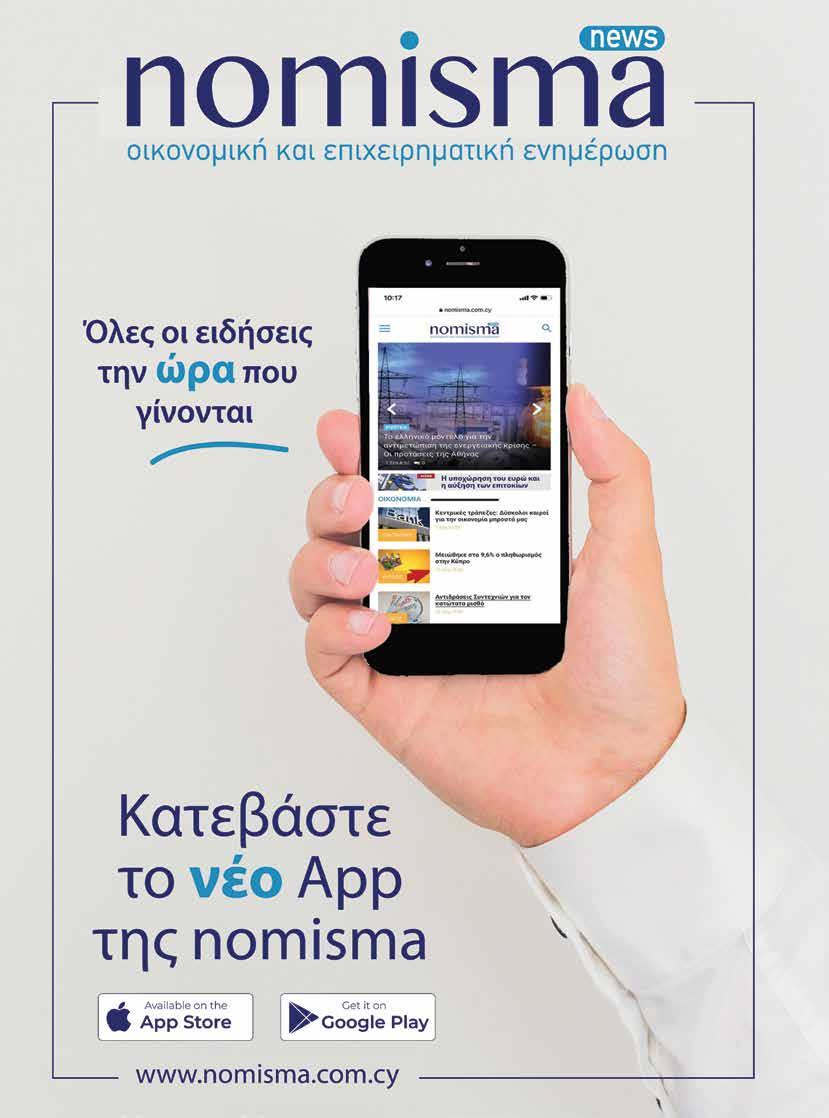
3 minute read
European Year of Skills
This is the Europe we want, which acts collectively and decisively in difficult times. A Europe of solidarity and common goals. A Europe where the common good outweighs the national interest.
Yes, it's not all rosy. Interests exist and always have. The history of the unification of Europe is not a history of denial of the national state, national interest and national patriotism. It is instead the inspired promotion of the national interest of the member states through the creation of a strong Union, which makes its members much stronger.
Our participation in the European Union has shown us that synergies and collaborations can be the basis for peace, stability and prosperity. Together, we strive for a more effective and more solidary Union. Europe is in a period of transition, where great changes are taking place. Of course, these also concern labor issues and professional employment.
We are facing critical dilemmas that will define the European perspective. In the near future some jobs will cease to exist and some new ones will arise. We monitor the developments surrounding the needs that will arise and prepare for them.
It is really an honor for me and Cyprus but at the same time a heavy responsibility, to be a Rapporteur in such a great project of the European Union, the European Year of Skills.
The importance of skills has been highlighted in recent years, noting the urgent need to equip European citizens with skills for the future. The green and digital transitions create new opportunities for Europeans and the European Union economy. However, beyond the opportunities, we also have to face challenges.
Recognizing these challenges, the European Union is aiming for 80% of adults to have at least basic digital skills. A workforce with the right skills is a prerequisite for the green and digital transition, which is expected to create 2.5 million new jobs in the European Union by 2030.
Therefore, facing the challenges of the times, we must respond with competence and seriousness. Our goal is that no one is left behind during the transition. Automation, robotics and artificial intelligence are advancing rapidly, changing the nature and number of jobs available. An equally important factor is climate change. Traditional energy industries, and the millions of people employed in them, will see an inevitable restructuring. New jobs will be created in alternative energy, new technical processes, product design, waste management and reuse. Skills have nothing to do with age. They are aimed at students who should choose to study the right profession so that they can work in their field and be paid decently. They are also aimed at people who are already of working age and whose jobs are modernizing and requiring new skills. Therefore, lifelong learning is needed. I am one of those who believe in lifelong learning and this is because development, whether slow or fast, never stops. Lifelong learning therefore, in order to be achieved, requires cooperation with the European Parliament, Member States, social partners, public and private employment services, schools and universities.
Specialization, on the other hand, requires the promotion of targeted investments in actions for training and the upgrading of skills, in order to maximize the abilities of the European workforce. Cooperation with businesses is necessary so that employee training actions keep pace with and meet the demands of the labor market.
Our citizens have sent us a message that they are at the heart of our policy-making and political priorities. We took this seriously, understanding that the participation of citizens in key consultation processes and
Cypriot journalist and politician Member of the European Parliament other public policies at European level is extremely important.

We listened to them and decided to equip them with the skills needed for the future. Faced with critical dilemmas that will define the European perspective, as the European Parliament we have done our duty. It is now up to each Member State to make use of the programs running for the European Year of Skills. As the Speaker of this great undertaking, I am at the disposal of all those who are interested or need clarification.
The time to implement all that we have promised to the citizens is now. I declare responsibly, that Europe has taken very seriously the issue of specialization and vocational rehabilitation in the future. It is close to its citizens and cares about them. Cyprus' path towards the European Union began in 1972, when the Republic of Cyprus signed an Association Agreement with the European Economic Community. These relations developed gradually and since 2004, Cyprus is now an integral part of the European family. It participates equally and actively in shaping and formulating the principles and policy that will govern the future of the enlarged Europe.
With the Report on the European Year of Skills, which concerns tens of millions of working Europeans, we placed Cyprus in front. We put Cyprus in the first carriage in Europe. On the wagon of evolution.

MENTORS' PROGRAMME
ICPAC, always a pioneer and close to its members, is continuing with great success to offer the Mentors' programme. This innovative, professional development programme, assists in offering different perspectives in our challenging profession, enables new opportunities to be explored and builds strong relationships amongst members. Through participation in this programme, both Mentors and Mentees will gain great benefits. 26 experienced Mentors from the profession in various industries are participating in the programme and will be happy to share their knowledge, expertise and support to Mentees who register.
The Mentors' programme is offered to ICPAC's members for FREE. For more information and registration, please scan the QR code below:









